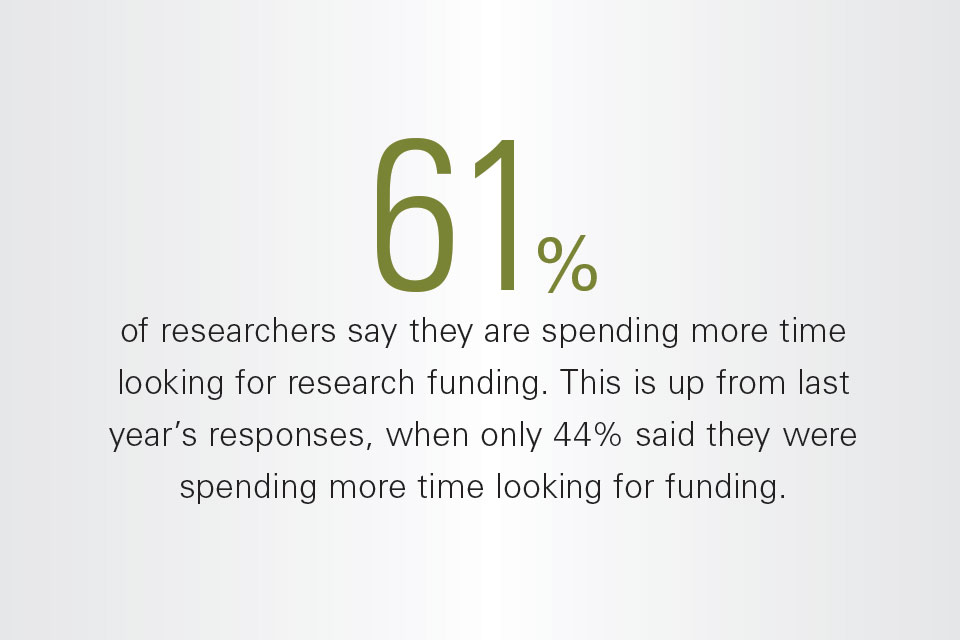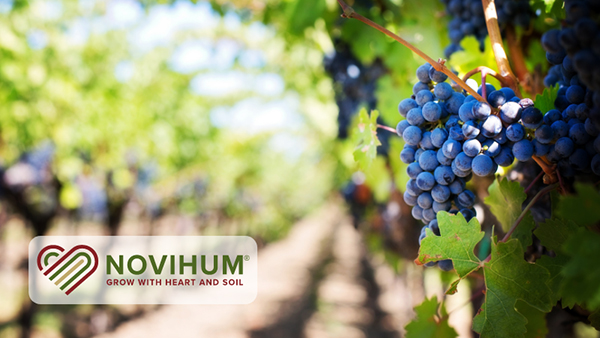Chasing Funding Occupies a Big Part of Researchers’ Time
Researchers and allied industry members know the issues that trouble you trouble them. That’s why they responded with labor, government regulations, and water and weather as the top three issues impacting the fruit and nut industries. However, they are also keenly in tune with how you can improve your operation, as you’ll see from their advice. But, most respondents to the 2018 State of the Industry survey noted a lot of their time is spent on the search for funding.

A researcher from the Midwest simply says there is a “never-ending quest for funding. No funds, no students, no research.”
This is a change from many years ago, says a researcher from the Northeast. “Two decades ago funds for research were more readily available. It has definitely become harder to secure research funding.”
Another researcher from the Northeast laments, “Universities only provide office space. We need to fund all other items from buying research trees to standard computers needed.”
“Chasing funds is what you have to do if you work at a university,” says a researcher in the Northeast. “The grant proposal process does require you to refine your thinking which is a good thing. But it eats up time chasing and managing money at the expense of actually doing the work.”
While this may not seem like it directly impacts your bottom line, one researcher in the Northwest is quick to point out “federal granting programs like SCRI (Specialty Crop Research Initiative) now can only fund about 10% of proposals submitted. Great research is not being done because there is no available funding.”
What does have researchers excited about the future of the industry is the influx of young growers. However, one researcher from the Northeast asks growers: “Where will the next generation of Extension/research personnel come from?”
New technology is also at the forefront of what they’re seeing. A researcher from the Northwest says many growers ask what the return on investment is for all the new technologies coming online, and another researcher from the Northeast says this plays into the trend of high stakes with everything.
“High density, high information, high cost, high risk, and if everything goes right, high returns. But if not, high loss. I see increased use of crop insurance, information technology, diversification, and mechanization.”
Advice from the Research Side
Taking advice from someone can be a difficult thing. It’s easy to say that researchers and Extension agents are spending phantom money and looking at growing operations through a very different lens, and it’s not the same as being in the middle of production. However, sometimes an outsider’s perspective can be helpful. Here, in their own words, are ways for you to improve your operation.
“Scout, scout, scout. Too often the grower does not do sufficient scouting. Regular scouting allows the grower to catch problems early (pests, fertility, stress) and address them promptly,” says a researcher in the Southeast.
Another researcher from the Southeast says it’s important to have a place for what you grow, before you grow it, saying: “Marketing comes first. If you don’t have a market for your product, all you have is a hobby.”
“Read all you can before you get into the business,” says a researcher from the Midwest. “Work with mentors, seasoned veterans, to learn the business before you invest.”
This is echoed by a researcher from the Northeast who says: “There are no shortcuts in producing quality fruit. [Growers] need long-range planning and preparation.”
An Extension educator from the Midwest says growers need to “talk to their fruit Extension and research people. You may be surprised by how helpful they are. One useful [piece of] advice could be worth a lot of $$!”
This is echoed by a researcher in the Northeast, who suggests growers “visit successful farms via tours, read about new issues, and use cooperative Extension and consultants.”
An allied industry member in the Northwest says growers need to “Embrace change. Step up the use of technology — do not be the last to the party or it might be too late to participate.”
Finally, a researcher in the Northwest uses a hockey analogy, paraphrasing Hall of Famer Wayne Gretzky: “Look for where the puck is going to be, not where it is now.”










